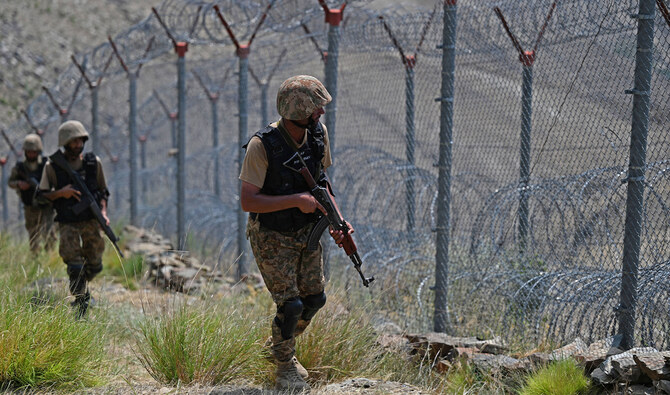Authorities in Balochistan have begun serving final notices to Afghan refugees, warning them to leave the province before the government’s September 1 deadline for the third phase of repatriation. Only three days remain before the process officially begins.
According to Commissioner for Afghan Refugees, Talib-ul-Mola, this phase will not only target undocumented Afghan nationals but also those holding Proof of Registration (PoR) cards. “The operation will formally commence on September 1, and all Afghan nationals, whether registered or unregistered, will be required to return,” he confirmed.
Official data shows that more than 304,000 Afghan refugees currently live in Balochistan, of which around 50,000 reside in ten active refugee camps. Two other camps have already been deactivated. Deputy commissioners across all districts have been directed to serve evacuation notices to Afghan families in their respective jurisdictions and ensure compliance before the deadline.
Security and administrative arrangements are being reinforced in border areas, where authorities expect a surge in crossings once the deadline expires. Provincial and federal bodies have been tasked with monitoring the process.
The repatriation campaign is part of a broader nationwide policy. According to the Ministry of Interior, approximately 500,000 undocumented Afghans were sent back during the first phase launched in late 2023. By early 2025, total deportations across the first two phases reached around 907,000, including hundreds of ACC holders. The decision has drawn criticism from international rights groups and humanitarian organizations, which warn of dire consequences for families who have lived in Pakistan for decades and may face instability upon return.
Despite these concerns, officials in Balochistan reiterated that the timeline will be strictly enforced. “No Afghan national will be allowed to remain in the country beyond the given date,” Commissioner Talib-ul-Mola said, adding that the government will coordinate closely to manage the exit process.
For thousands of Afghan families, the deadline has deepened uncertainty. Many arrived in Balochistan during the Soviet invasion of Afghanistan in the 1980s, while others fled during later waves of conflict. With just days left, their future remains unsettled as authorities prepare for the third phase of what has become Pakistan’s largest repatriation drive in decades.






